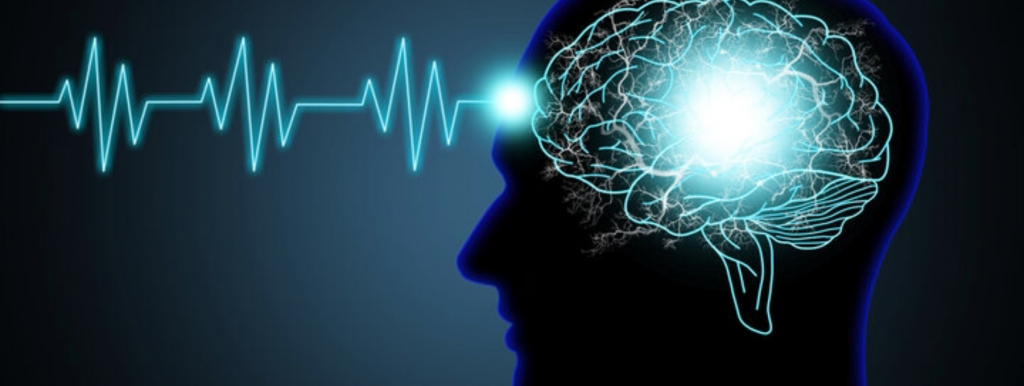New research indicates that lower proportions of certain sleep stages are associated with reduced brain volume in regions vulnerable to the development of Alzheimer’s disease over time. The results show that individuals with lower proportions of time spent in deep sleep and rapid eye movement sleep had lower volumes in critical brain regions, particularly in […]
Are Night Owls More Prone to Depression, Heart Disease and Metabolic Disorders?
Mindfulness, overall sleep quality and alcohol consumption could explain why people who stay up late have a higher risk of depression, according to a new study published in the open access journal PLOS One by Simon Evans of the University of Surrey, UK, and colleagues. Previous research has shown that night owls, who stay up […]
The Pupil as a Window to the Sleping Brain
Our eyes are usually closed when we sleep. However, a great deal of activity takes place under our closed eyelids: a team of researchers led by senior researchers Caroline Lustenberger, Sarah Meissner and Nicole Wenderoth from the Neuronal Movement Control Laboratory at ETH Zurich has observed that the size of the pupil fluctuates constantly during […]
How Jobs That Primarily Involve Sedentary Activities Affect Sleep and Health
A new study examined data from more than 1,000 workers over a 10-year period. Sedentary workers show a 37% increase in insomnia-like symptoms. Employees who do not work traditional schedules are 66% more likely to have to “catch up on sleep”. People who sit a lot as part of their jobs – an estimated 80% […]
Positive Emotions and Deep Sleep Ensure Longer-Lasting Perceptual Memories
Researchers at the RIKEN Center for Brain Science (CBS) have discovered how perceived memories associated with positive emotions such as joy or happiness are strengthened during sleep. The study, published in the journal Neuron, could help scientists understand the neurological basis for overcoming diseases such as drug or sex addiction. How Information is Processed and […]
- 1
- 2
- 3
- …
- 30
- Next Page »









